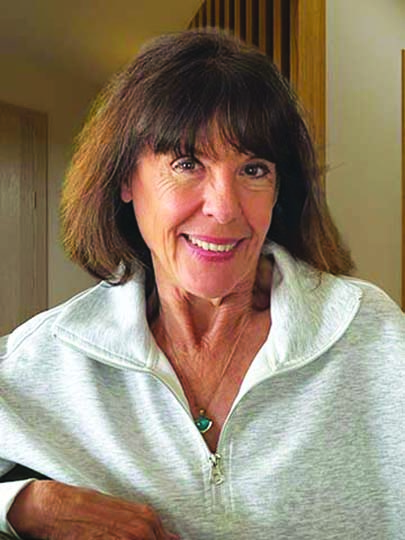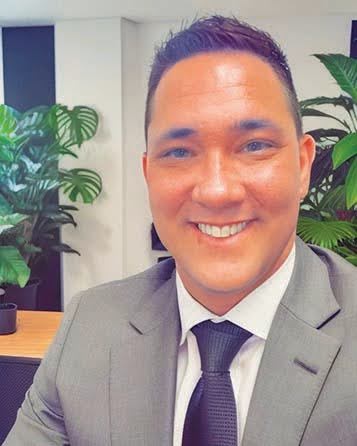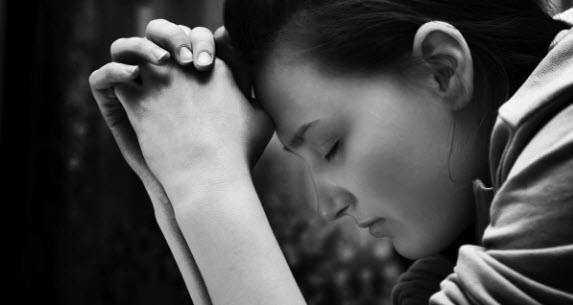By Dr. Jessica Lamar
As human beings, we harbor attachments to each other, animals, places, memories and objects. With great attachment comes great loss—deaths, separations, divorces, moves, and life transitions. When these attachments are severed we are faced with our own personal grief.
Some of these meaningful personal losses may be minimized or even ignored by our support system, because of social rules that have been developed about the grief process, such as, what losses we grieve, how we grieve them, and who can grieve. However, what we know is that when a loss is recognized and acknowledged by others, we begin to feel safe and empowered in our grieving process. When the support missing in grief, we ourselves may not even acknowledge the loss which can create greater internal suffering; The emotional pain becomes suppressed, and it internally grows within us.
Dr. Kenneth Doka coined the term disenfranchised grief as “grief that persons experience when they incur a loss that is not or cannot be openly acknowledged, socially sanctioned or publicly mourned.” A Disenfranchised griever may feel their experience is unimportant or even wrong. They made hide their true reaction, feel isolated and/or ashamed, which can interrupt grieving and healing.
According to Dr. Doka Disenfranchised grief may occur in many ways:
The type of relationship — The death of a “close blood relative” is usually recognized while relationships that are considered “less important” by society may be dismissed such as (but not limited to) a co-worker, a pet, an ex-spouse, a grandparent, a step-child, a partner, a stillborn child, or a neighbor.
The loss is not socially defined as significant — Individuals experience many losses—some death-related such as perinatal loss or other non-death related losses such as divorce, incarceration, and retirement. Other great intangible losses may not be recognized or validated; a loss of a dream or goal, the loss of reputation. This is just a short list of many losses that may deserve recognition and space for healing.
When the cause of the loss is seen as a socially unacceptable — Deaths as a result of suicide, drunk driving, violence, or addiction are classified as “taboo,” and a person may hide their grief from others. Feelings of guilt, shame and blame can create difficulty with discussing the loss and seeking out support due to fear of judgement.
The person is not socially defined as capable of grief — Young children, the elderly, and the seriously mentally ill are perceived to be incapable of grief, thus the right is taken from them. There is little or no social recognition of the loss or their grieving needs.
There is no prescription for grief. What we can do is acknowledge that our losses are legitimate, real, and worthy of our attention, validation, and healing. I hope we can all honor our experiences in this life by giving grief a voice, express ourselves, create meaningful rituals. What we are all going through is our experience and truth. Our heart, our mind, and body are there to guide us.
Dr. Lamar is a Post-Doctoral resident with a doctoral degree (Psy.D) in Clinical Psychology from the Arizona School of Professional Psychology, a Master of Arts Degree in Clinical Psychology; and Licensed Associate Counselor in the State of Arizona with a Masters’ degree in Clinical Mental Health Counseling. Her specific areas of interest include grief and loss, disenfranchised grief, Anxiety, life transitions, codependency, Depression, communication skills, and boundary setting.



































